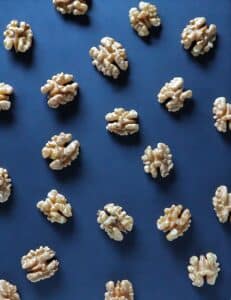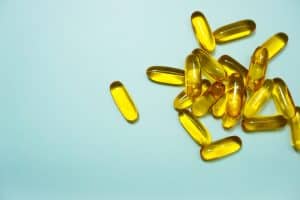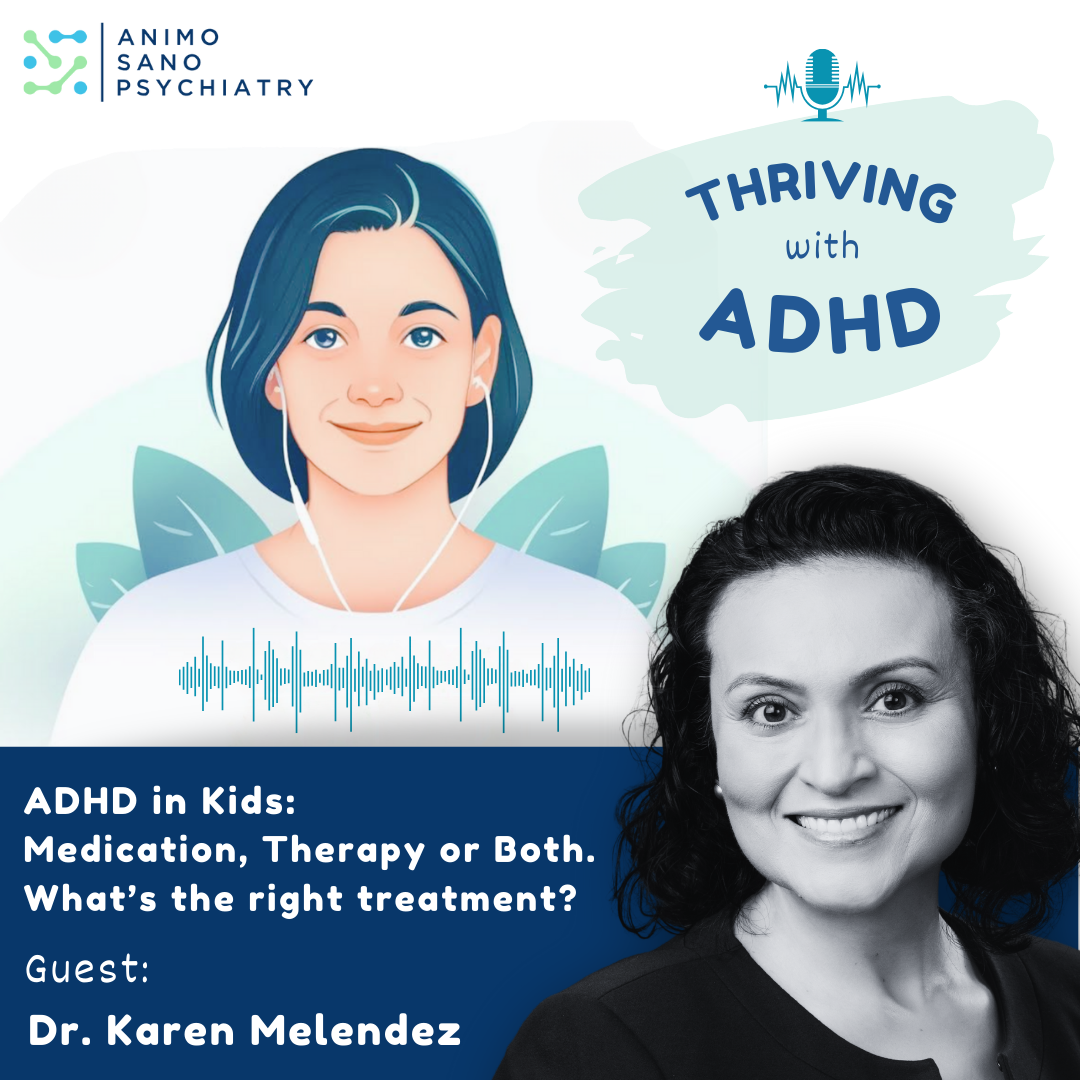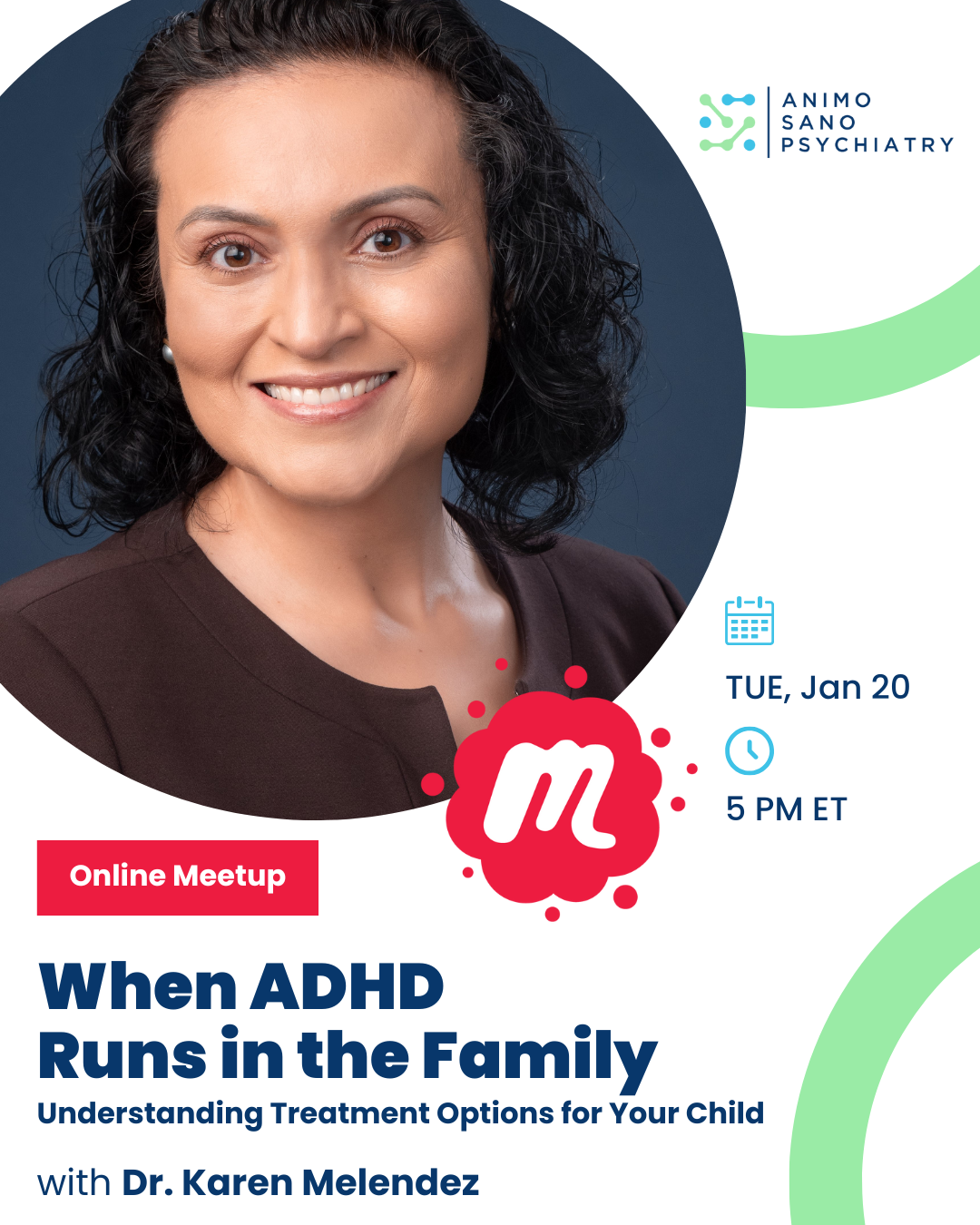

Omega-3 fatty acids are a group of essential fats that are crucial for maintaining overall health. They are particularly important for brain function, as they play a key role in the development and maintenance of brain cells. For individuals with ADHD, omega-3 fatty acids have garnered attention for their potential benefits in managing symptoms and improving focus and behavior.
What Are Omega-3 Fatty Acids?
Omega-3 fatty acids are a type of polyunsaturated fat that the body cannot produce on its own, making them an essential part of our diet. There are three main types of omega-3 fatty acids:
- ALA (alpha-linolenic acid): Found in plant-based sources such as flaxseeds, chia seeds, and walnuts.
- EPA (eicosapentaenoic acid): Primarily found in fatty fish like salmon, mackerel, and sardines.
- DHA (docosahexaenoic acid): Also found in fatty fish and an integral component of brain and eye health.
Omega-3 and Brain Health

The brain is composed of nearly 60% fat, and DHA is one of its most important building blocks. This fatty acid supports the structure and function of neurons, which are responsible for transmitting signals in the brain. Research suggests that adequate levels of DHA and EPA are associated with better cognitive function, improved mood, and reduced inflammation in the brain.
The Link Between Omega-3 and ADHD

ADHD (Attention-Deficit/Hyperactivity Disorder) is a neurodevelopmental condition characterized by inattention, impulsivity, and hyperactivity. While the exact cause of ADHD is not fully understood, a combination of genetic, environmental, and neurological factors is believed to contribute.
Studies have explored the role of omega-3 fatty acids in alleviating symptoms of ADHD. Some research suggests that children and adults with ADHD may have lower levels of omega-3 in their blood compared to those without the condition. Supplementing with omega-3, particularly EPA and DHA, has been shown in certain studies to improve attention, reduce hyperactivity, and enhance emotional regulation.
How to Incorporate Omega-3 into Your Diet
Adding omega-3 fatty acids to your diet can be simple and delicious. Here are some practical tips:

-
- Eat fatty fish: Aim to include fish like salmon, mackerel, or sardines in your meals two to three times per week.
- Snack on nuts and seeds: Walnuts, flaxseeds, and chia seeds are excellent sources of ALA.
- Consider supplements: If dietary sources are insufficient, omega-3 supplements, such as fish oil or algae-based options for vegetarians, can help fill the gap. Always consult with your healthcare provider before starting any new supplement regimen.
- Cook with omega-3-rich oils: Use flaxseed oil or walnut oil in salad dressings or as a finishing oil for added benefits.
Consult Your Healthcare Provider
Before making significant dietary changes or starting omega-3 supplementation, it’s essential to consult with your healthcare provider. They can help determine the appropriate dosage and ensure that supplements won’t interact with any current medications or conditions.
The Bottom Line
Omega-3 fatty acids are a valuable component of a healthy diet and may offer benefits for individuals with ADHD. While they are not a replacement for traditional treatments like medication or therapy, incorporating omega-3s into your lifestyle can be a complementary strategy to support brain health and manage ADHD symptoms. As always, personalized advice from a medical professional is crucial to achieving the best outcomes.
Other Blog Posts in
Animo Sano Psychiatry is open for patients in North Carolina, Georgia and Tennessee. If you’d like to schedule an appointment, please contact us.
Get Access to Behavioral Health Care
Let’s take your first step towards. Press the button to get started. We’ll be back to you as soon as possible.ecovery, together.




